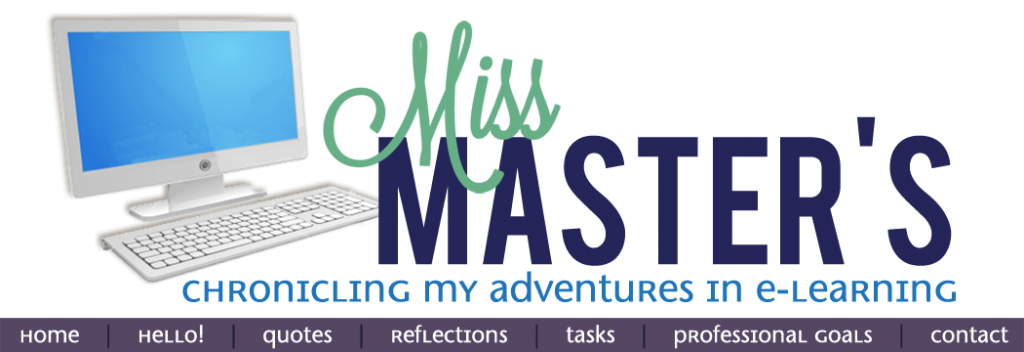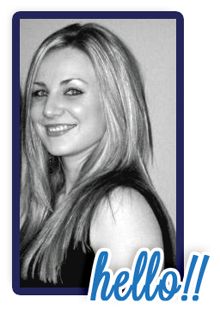Hello Everyone! Here are some great resources provided to me by Walden University. I have also added some of my own to the list and will continue to add more... Hope they help!
§ NAEYC.
(2009). Developmentally appropriate practice in early childhood programs serving
children from birth through age 8. Retrieved
May 26, 2010, fromhttp://www.naeyc.org/files/naeyc/file/positions/dap
§ NAEYC.
(2009). Where we stand on child abuse prevention. Retrieved
May 26, 2010, fromhttp://www.naeyc.org/files/naeyc/file/positions/ChildAbuseStand.pdf
§ NAEYC.
(2009). Where we stand on school readiness. Retrieved
May 26, 2010, fromhttp://www.naeyc.org/files/naeyc/file/positions/Readiness.pdf
§ NAEYC.
(2009). Where we stand on responding to linguistic and cultural diversity. Retrieved
May 26, 2010, from http://www.naeyc.org/files/naeyc/file/positions/diversity.pdf
§ NAEYC.
(2003). Early childhood curriculum, assessment, and program evaluation: Building
an effective, accountable system in programs for children birth through age 8. Retrieved
May 26, 2010, from http://www.naeyc.org/files/naeyc/file/positions/pscape.pdf
§ NAEYC.
(2009, April). Early childhood inclusion: A summary. Retrieved
May 26, 2010, fromhttp://www.naeyc.org/files/naeyc/file/positions/DEC_NAEYC_ECSummary_A.pdf
§ Zero to
Three: National Center for Infants, Toddlers, and Families. (2010). Infant-toddler policy agenda. Retrieved
May 26, 2010, from http://main.zerotothree.org/site/PageServer?pagename=ter_pub_infanttodller
§ FPG Child
Development Institute. (2006, September). Evidence-based practice empowers early childhood professionals and
families. (FPG Snapshot, No. 33).
Retrieved May 26, 2010,from http://community.fpg.unc.edu/sites/community.fpg.unc.edu/files/imce/documents/FPG_Snapshot_N33_EvidenceBasedPractice_09-2006.pdf
§ Turnbull,
A., Zuna, N., Hong, J. Y., Hu, X., Kyzar, K., Obremski, S., et al. (2010). Knowledge-to-action guides. Teaching Exceptional Children, 42(3),
42-53.
§ Article: UNICEF
(n.d.). Fact sheet: A summary of the rights under the Convention on the Rights of
the Child. Retrieved May 26, 2010,
from http://www.unicef.org/crc/files/Rights_overview.pdf
§ Websites:
§ World
Forum Foundation
http://worldforumfoundation.org/wf/wp/about-us
This link connects you to the mission statement of this organization. Make sure
to watch the media segment on this webpage
§ World
Organization for Early Childhood Education
http://www.omep-usnc.org/
Read about OMEP’s mission.
§ Association
for Childhood Education International
http://acei.org/
Click on “Mission/Vision” and “Guiding Principles and Beliefs” and read these
statements.
§ Selected
Early Childhood Organizations
§ National
Association for the Education of Young Children
http://www.naeyc.org/
§ The
Division for Early Childhood
http://www.dec-sped.org/
§ Zero to
Three: National Center for Infants, Toddlers, and Families
http://www.zerotothree.org/
§ WESTED
http://www.wested.org/cs/we/print/docs/we/home.htm
§ Harvard
Education Letter
http://www.hepg.org/hel/topic/85
§ FPG Child
Development Institute
http://www.fpg.unc.edu/
§ Administration
for Children and Families Headstart’s National Research Conference
http://www.acf.hhs.gov/programs/opre/hsrc/
§ HighScope
http://www.highscope.org/
§ Children’s
Defense Fund
http://www.childrensdefense.org/
§ Center for
Child Care Workforce
http://www.ccw.org/
§ Council
for Exceptional Children
http://www.cec.sped.org/
§ Institute
for Women’s Policy Research
http://www.iwpr.org/
§ National
Center for Research on Early Childhood Education
http://www.ncrece.org/wordpress/
 § National
Child Care Association
§ National
Child Care Association
http://www.nccanet.org/
§ National
Institute for Early Education Research
http://nieer.org/
§ Pre[K]Now
http://www.pewstates.org/projects/pre-k- now-328067
§ Voices for
America’s Children
http://www.voices.org/
§ The Erikson
Institute
http://www.erikson.edu/
Here are some resources that I found interesting:
Early Childhood News (2008). The Professional Resource for
Teachers and Parents. Excelligence Learning Corporation, All
Rights Reserved. http://www.earlychildhoodnews.com/earlychildhood/article_view.aspx?ArticleID=715
University of Toronto, Fraser Mustard Institute of Human
Development. Retrieved from http://www.oise.utoronto.ca/humandevelopment/
Young Minds: The Voice of Young People’s mental health and
well being. Young Minds in Schools- Supporting the Emotional Well Being of
Children and Young People in Schools. Retrieved from http://www.youngminds.org.uk/training_services/young_minds_in_schools/wellbeing/att achment







